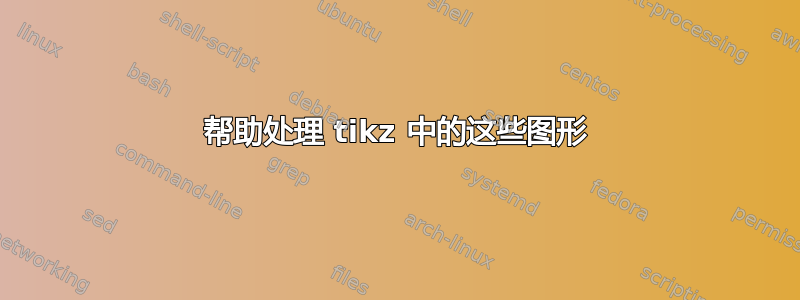
答案1
这个问题被转发到LaTeX 社区。我把我的答案贴在那里:如何在 TikZ 中绘制电离图。这里也是:
我们pgfplots可以轻松设计轴。然后我们可以用实验数据绘制点。该smooth选项提供了更平滑的连接,如插值。以下是一个例子:
\documentclass[border=5pt]{standalone}
\usepackage{pgfplots}
\pgfplotsset{width = 6cm, compat = newest}
\usepackage{sansmath}
\pgfplotsset{
tick label style = { font=\tiny\sansmath\sffamily},
label style = { font=\small\sansmath\sffamily}
}
\begin{document}
\begin{tikzpicture}
\begin{axis} [
domain = 0:100,
xlabel = Electron energy,
ylabel = Ionization,
axis lines = left,
clip = false,
xmin = 0, xmax = 100,
ymin = 0, ymax = 100,
xtick={32,65},
xticklabels={$10^1$,$10^2$},
ytick={40,80},
yticklabels={$10^1$,$10^2$},
]
\addplot [smooth, dashed]
coordinates { (5,4) (7,40) (10,60) (14,74) (20,84) (30,90)
(40,90) (50,87) (60,81) (65,76)};
\addplot [smooth]
coordinates { (8,10) (9,44) (12,64) (14,72) (20,82) (30,87)
(40,88) (50,85) (60,79) (65,74)};
\addplot [smooth]
coordinates { (10,5) (9,20) (9.3,40) (12,61) (15,69.5) (20,75) (30,77)
(40,73) (50,66) (60,58) (65,54)};
\end{axis}
\end{tikzpicture}
\end{document}
为了获得与您的图像相似的图,我将您的图放在此图的背景上,添加了一个临时的细网格,并选择了与图像匹配的坐标。我可以使用更多点来使其更接近原始图像,但这对解释来说并不重要。最后,我删除了原始图像和网格并添加了自定义标签。




